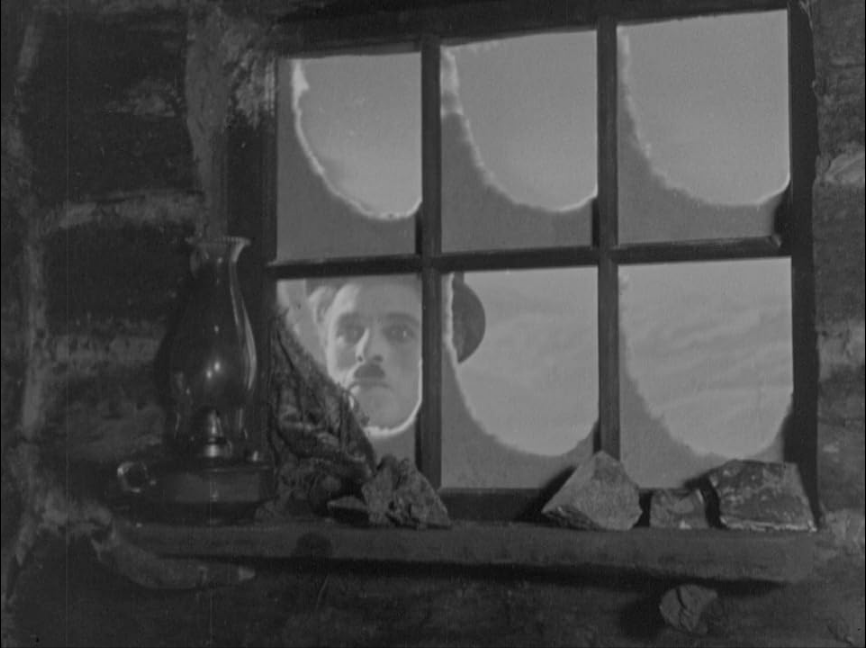Wednesday, June 07, 7:00 PM
Neptune Theatre
Saturday, June 10, 11:00 AM
Egyptian Theatre
Distant Journey
Saturday, June 10, 1:30 PM
Harvard Exit
The Man Who Cheated Himself
Sunday, June 11, 1:30 PM
Egyptian Theatre
The Window
Sunday, June 11, 4:00 PM
Egyptian Theatre
Hello, Dolly!
Monday, June 12, 6:30 PM
Harvard Exit
The Unknown with Portastatic
Showing: Friday, June 16, 9:00 PM
Theater: The Moore
For me this year the highlight of SIFF has been the Archival Presentations. There are still some left to see, and I encourage you to get to them. Renting a classic movie and watching it at home is no substitute for seeing it with an audience on the big screen. The films you will experience the biggest difference with at a theater screening are the silent films that feature a live score. There is one more screening with live accompaniment left, Todd Browning's macabre masterpiece The Unknown starring Lon Chaney. Chaney plays an armless carnival knife thrower (he uses his feet!) in love with Joan Crawford. The film lives up to the premise. Music will be provided by lo-fi indie-rock ensemble Portastatic. Another motivation for attending the remaining Archival Presentations is that three of the films, Distant Journey, The Man Who Cheated Himself, and The Window are not readily available for rental or purchase in the U.S.
Image from the IMDb (Charlie Chaplin in The Gold Rush).

I caught Distant Journey at the Harvard Exit this afternoon. This is the story of the Prague Jews surviving Nazi occupation during the war. The film takes the primary story image and shrinks it down to thumbnail size periodically, much like picture in picture, to show newsreel footage which uses a variety of sources including (if you can believe this) scenes from Leni Riefenstahl's Triumph of the Will (1935)! Photographed quite nicely with an over all dark and oppressive tone, the use of sound effects is also highly unusual and effective as a tension-building device in a number of scenes. The central character Hana, a young doctor, remains in the city while her entire family is taken away to the death camps. The portrayal of Czech Jews in a struggle to retain their dignity in the face of terror and humiliation is sympathetic and effective. I've not researched the film but I'm sure some significance derives from its being produced so soon after the war. It would be a great double-bill with something like The Cranes are Flying (1957) or even Polanski's The Pianist (2002).
ReplyDelete